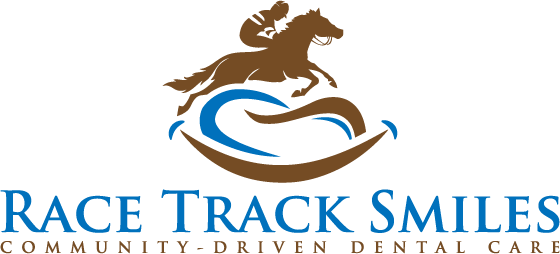Dentists diagnose and treat TMJ disorder through a combination of exams, imaging, and personalized treatment plans. The process typically involves:
- Medical & Dental History: Your dentist asks about symptoms like jaw pain, clicking, headaches, or difficulty chewing.
- Physical Exam: They check jaw movement, listen for joint noises, and feel for tenderness or stiffness.
- Imaging (if needed): X-rays, panoramic imaging, or MRI may be used to evaluate joint structure and rule out other issues.

